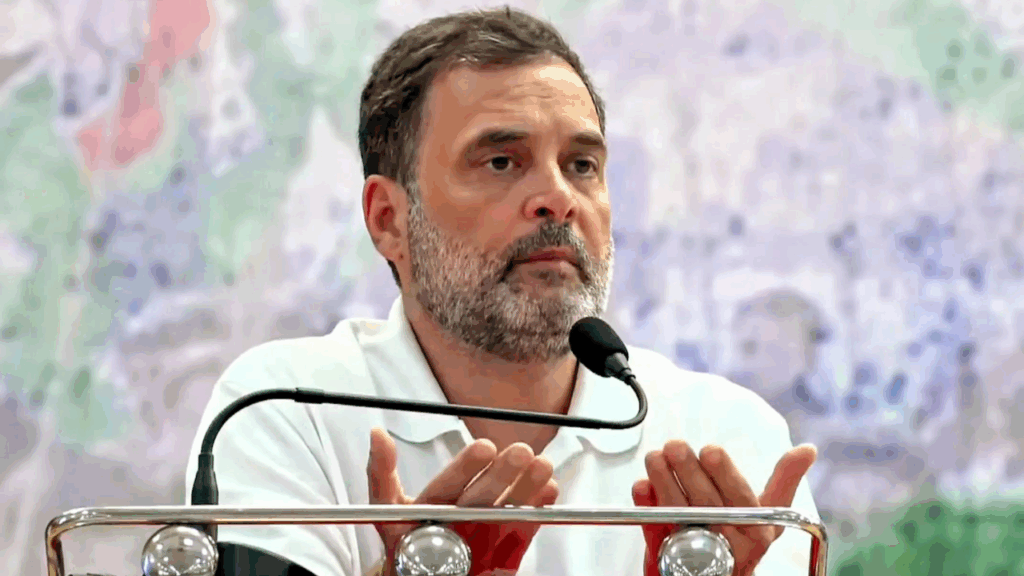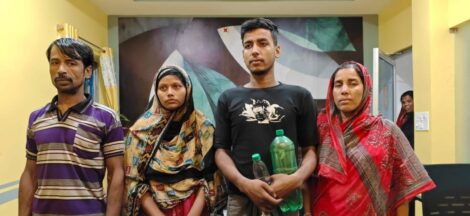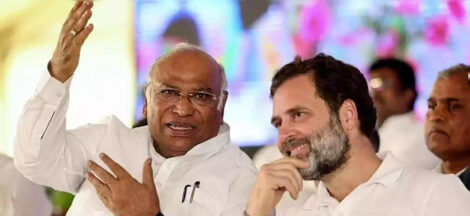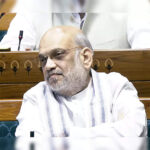Congress Leader Rahul Gandhi has escalated his confrontation with the Election Commission, demanding full transparency in the wake of his match‑fixing allegations concerning the 2024 Maharashtra Assembly elections. He has urged the EC to release consolidated, machine‑readable voter rolls from all state and general elections, along with CCTV footage captured after 5 pm from Maharashtra polling stations. The EC has dismissed his claims as “completely absurd” and “unsubstantiated,” warning against erosion of public trust in constitutional institutions.
Gandhi’s public escalation follows internal EC sources describing his allegations as evasive. He characterised the EC’s anonymous rebuttals as “unsigned, evasive notes to intermediaries” and insisted that only truth, not evasion, can safeguard the EC’s credibility. In an op‑ed titled “Match‑fixing Maharashtra,” he outlined a five‑step blueprint alleging institutional rigging: interference in the EC’s appointment process, introduction of fake voters, unnaturally high turnout, targeted bogus voting, and suppression of evidence.
The Leader of the Opposition in the Lok Sabha tied these allegations to potential rigging in future polls, warning that Bihar might be next. Asserting that citizens have the right to verify electoral integrity, Gandhi said, “Voter rolls and CCTV footage… should be used to strengthen democracy, not ornaments to be locked up”.
EC insiders responded that Gandhi had failed to engage through formal channels. Gandhi did not submit a written letter to the Commission, nor did he attend the scheduled May 15 meeting that he himself requested be rescheduled. The EC stated it will formally respond only when queries are addressed through proper, written communication.
Regarding the CCTV demand, EC officials noted that footage is available for scrutiny by courts if an election petition is filed, so unrestricted public release could compromise voter privacy. Officials emphasised that while internal judicial review mechanisms exist, open disclosure would threaten established procedures.
The EC’s CBC process has also been cited, with officials reaffirming that voter roll updates were conducted under the Representation of People’s Act, 1950, and ruled out any malpractice. They pointed to a past rebuttal issued on 24 December 2024 to Congress, indicating that the issues raised by Gandhi had already been addressed.
The Commission warned that unverified accusations demoralise election staff and discredit party-appointed polling agents from across the political spectrum. It criticised Gandhi for the potential harm such claims could cause to the morale of civil servants and the integrity of elections.
Political reactions have been swift. Maharashtra Chief Minister Devendra Fadnavis accused Gandhi of insulting the electorate and misreading the public mood, maintaining that blaming democratic institutions deflects from electoral performance. BJP President J P Nadda dismissed the claims as conspiratorial, asserting that Gandhi was manufacturing fake narratives.
Meanwhile, allies of Gandhi have rallied around his transparency demands. Tejashwi Prasad Yadav echoed calls for openness in electoral processes, citing incidents during the 2020 Bihar Assembly polls involving halted counting and contested results. Civic commentator Prashant Kishor urged the EC to address Gandhi’s demands formally, stating it was necessary for preserving public faith.
As political parties campaign ahead of impending state elections—including Bihar, Gujarat and others in 2025—scrutiny of electoral procedures is intensifying. Opposition leaders argue that such allegations reflect not isolated incidents but systemic vulnerabilities in the polling ecosystem. The EC, on the other hand, maintains that legal frameworks and safeguards are already in place to ensure integrity.
Analysts suggest that this debate extends beyond parliamentary posturing. While calls for digitisation of voter rolls align with global trends towards open‑data electoral governance, concerns about privacy, security, and the scope of judicial oversight remain. The EC stands at a crossroads: whether to engage in public disclosure to defuse political pressure, or to uphold its credo of constitutional restraint and judicial recourse.
Some experts argue that Gandhi’s challenge could prompt the EC to evolve its information protocols. “Greater public access to anonymised election data can both inform citizens and preserve institutional neutrality,” one former election observer noted. Others contend that premature release of sensitive data may expose emerging democracies to manipulation.
Public opinion remains divided. Civil‑society groups have called for dialogue and judicial engagement, emphasising procedural reforms over political point‑scoring. Electoral rights advocates are urging legislative oversight and periodic audits of EC processes.
The ball now lies in the EC’s court. Gandhi has made clear he intends to pursue his case, signalling that any refusal to engage formally will not deter him. As the dust settles on Maharashtra, all eyes are on the EC’s next move—and whether it chooses transparency, legalism or a blend of both to weather this challenge.




 Shah Lauds Tamil, Appeals to BJP Cadre in Madurai
Shah Lauds Tamil, Appeals to BJP Cadre in Madurai 